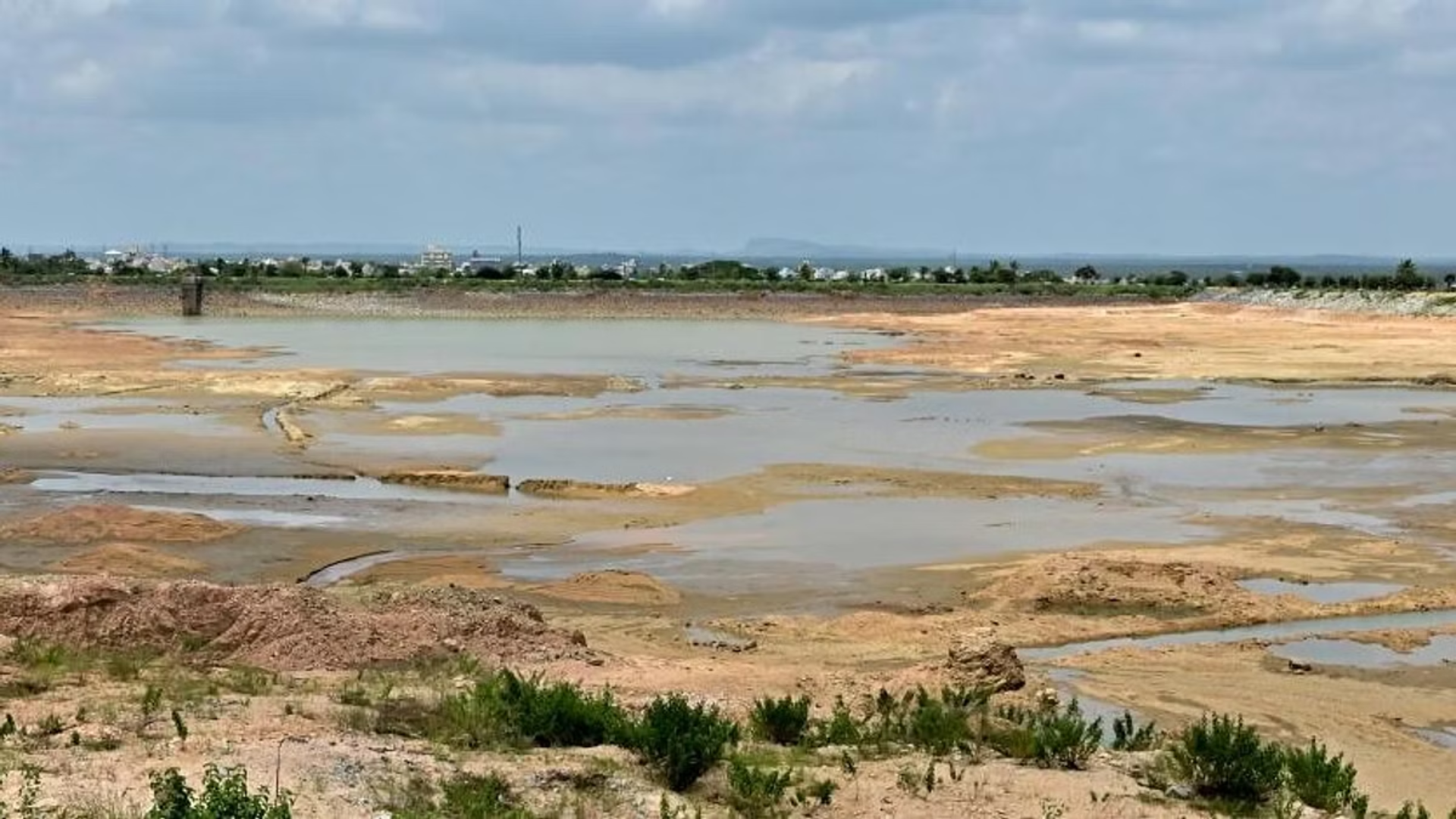Bengaluru, hailed as the “Silicon Valley of India,” continues to grapple with a severe water crisis as many of its lakes dry up, exacerbating the city’s existing water scarcity issues.
A recent report revealed that out of nearly 800 lakes under BBMP (Greater Bengaluru) and Bengaluru Urban district areas, a staggering 125 have dried up, with an additional 25 BBMP lakes heading in the same direction. Of these dried-up lakes, 100 are situated in Bengaluru Urban district, while 25 are within BBMP limits.
Additionally, out of the 184 lakes under BBMP’s custody, 50 are in critical condition. BBMP officials lamented that some of the lakebeds have transformed into impromptu cricket pitches overnight, as local boys and youngsters engage in sporting activities amid the parched landscapes.
Also read: ED Retrieves Substantial Cash From Residence Of Jharkhand Minister’s Aide
Beyond BBMP’s jurisdiction, Bengaluru Urban district, which boasts over 600 lakes, has witnessed nearly 100 of them drying up this year, according to The Times of India. Officials expressed concerns that the depletion of water bodies could adversely impact the groundwater table and disrupt fishing activities.
However, there is optimism that recent rainfall will persist, potentially reviving the dry and drying lakes, as forecasted. Notably, the 184 BBMP lakes mentioned exclude 19 water bodies that are already defunct.
Moreover, reports indicate that approximately 75% of lakes and tanks in 31 districts of Karnataka have either dried up or are on the brink of drying up. Cities like Tumakuru and Belagavi are particularly hard-hit, facing the repercussions of consecutive failures of southwest and northeast monsoons.
With the next monsoon still two months away, the rapid depletion of water bodies is expected to exacerbate the ongoing water crisis across Karnataka. According to the minor irrigation department responsible for overseeing these lakes and water bodies, out of the 3,685 lakes in Karnataka, more than 25% (964) are completely dry, while another 50% (1,846) have only 10-30% water remaining, which could evaporate within a few weeks.

















